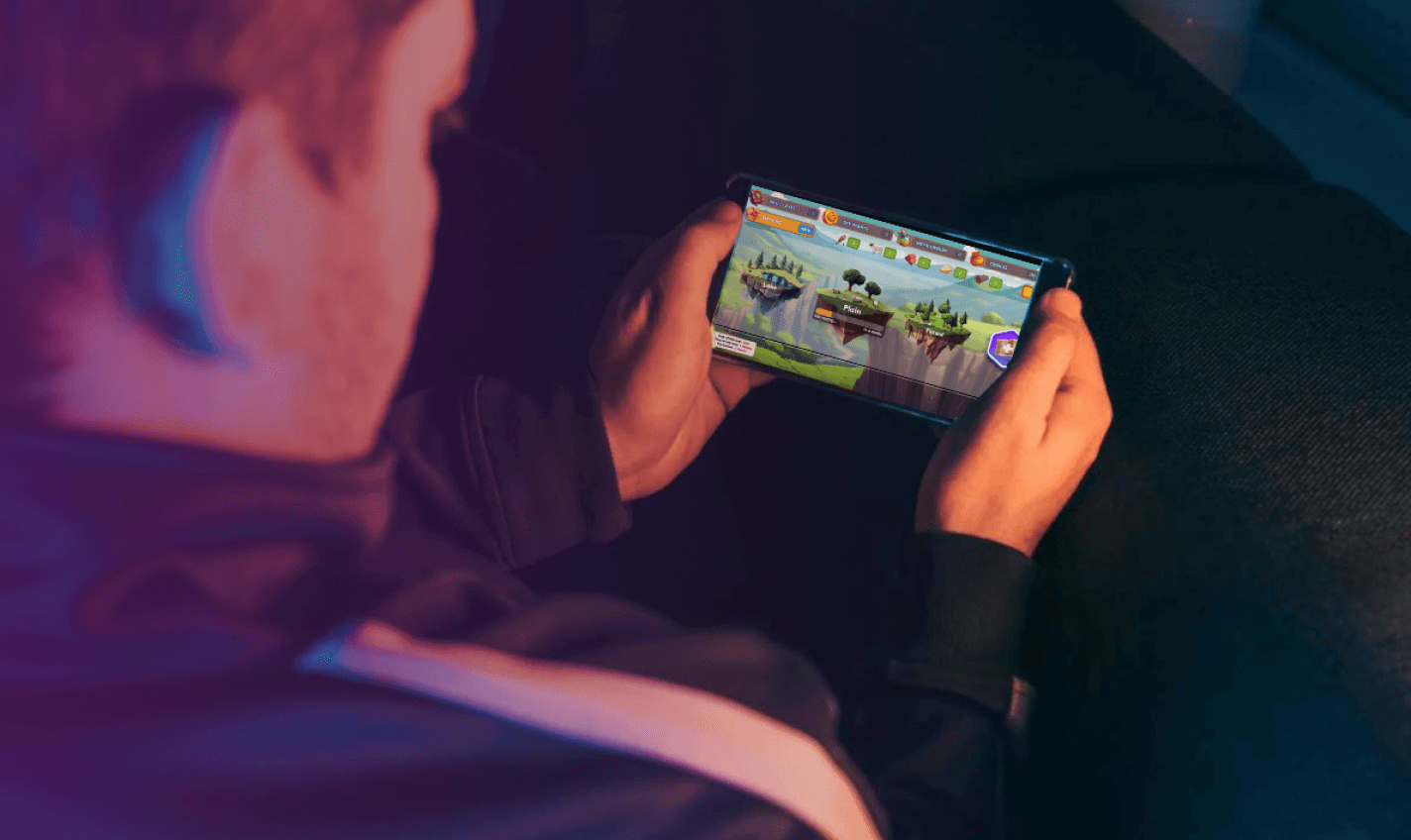Did you know that over 70% of employee training programs fail to achieve their intended outcomes? Imagine investing significant resources time, money, and effort into developing your workforce only to see little or no meaningful improvement. It’s a common yet startling reality for many organizations leaving business leaders frustrated and searching for solutions. So what exactly is going wrong?
Companies must constantly adapt to stay competitive, effective employee learning and development are not optional they are vital. The organizations that succeed are the ones that can quickly equip their employees with the skills and knowledge necessary to meet the ever evolving challenges they face. Yet the majority of training programs miss the mark.
From inadequate needs assessments to a lack of engagement and insufficient follow up, many organizations struggle to build impactful training programs that drive meaningful change. However, hope is not lost. As businesses increasingly look for new ways to engage employees gamified learning has emerged as a revolutionary approach that addresses these common pitfalls while simultaneously engaging, motivating and retaining employees like never before.
In this article, we’ll explore the fundamental reasons why so many traditional training programs fail and introduce Evivve a game based learning platform that is reshaping the future of employee training and development. By understanding these common challenges and adopting a new approach organizations can transform their training programs from ineffective to highly successful.
Common Reasons Why Employee Training Programs Fail
Inadequate Needs Assessment
One of the most fundamental reasons training programs fail is the lack of a comprehensive needs assessment. Too often, organizations dive headfirst into training without fully understanding the specific skills gaps and challenges their employees face. This results in irrelevant or misaligned training content that does little to address the real problems employees are encountering in their roles.
For instance, imagine a tech company struggling with declining productivity. To address the issue, they hurriedly implement a generic communication skills training program for all employees. The company assumes that poor communication is the root cause of low productivity so they deploy resources toward improving this skill. However, after months of training, they see no improvement. What went wrong?
A closer examination would reveal that the actual problem wasn’t communication it was poor project management. The training failed not because it was poorly designed but because it didn’t address the real skills gap. Without a proper needs assessment organizations run the risk of misidentifying the problem wasting valuable resources on irrelevant training.
An effective training program must start with a thorough analysis of what the employees need where the organization is falling short and how those gaps can be filled with the right skills. When training initiatives are designed without such an assessment they’re doomed from the start.
Lack of Engagement in Training Programs
Another critical reason why training programs fail is a lack of engagement. Let's be honest most traditional training methods are boring. Long PowerPoint presentations hours of lectures and passive learning environments are simply not enough to hold the attention of today’s workforce especially in the digital age where distractions are everywhere.
Disengaged employees are far less likely to retain information and if they do they’re unlikely to apply it in their day to day work. Engaged employees on the other hand are more willing to participate actively in training sessions, retain knowledge longer and apply new skills in real world scenarios.
The solution lies in creating learning environments that stimulate interest, spark curiosity, and make the learning process fun. This is where gamified learning comes in. By integrating game like elements into training programs we can significantly boost employee engagement making the learning process feel less like a chore and more like an exciting challenge.
Gamification offers elements like points, badges and leaderboards which tap into the intrinsic motivation of learners by fostering a sense of competition, achievement and progression. When learners feel challenged and rewarded, they are more likely to stay engaged throughout the training process.
Ineffective Delivery Methods
Another common issue is the ineffective delivery methods employed by traditional training programs. The one size fits all approach simply doesn’t work. Employees come from diverse backgrounds possess different learning styles and have unique preferences when it comes to absorbing new information.
Despite this many organizations still rely heavily on lectures and PowerPoint presentations as their primary training tools. While these methods may work for some they are not effective for everyone. Visual learners for example may benefit more from infographics, videos or interactive simulations. Meanwhile, kinesthetic learners thrive when they can engage in hands on activities or participate in role playing exercises.
To make matters worse when training is delivered in a single uniform way it often fails to resonate with a large portion of the audience. Employees may leave the training session feeling overwhelmed, confused or simply uninterested.
No Follow Up or Reinforcement
Even the best training programs will fail if there’s no follow up. The idea that a one time training session can lead to lasting change is a misconception. Learning is not a single event it’s a process. Without proper reinforcement employees will quickly forget what they’ve learned rendering the training ineffective.
This concept is backed by the Ebbinghaus Forgetting Curve which shows that learners forget about 50% of new information within an hour, and nearly 80% within a month if that information is not reinforced. Essentially, employees might leave a training session feeling enlightened but without continuous reinforcement that newfound knowledge fades away.
Organizations need to shift from one time events to a model of continuous learning. This means implementing systems for refresher courses, follow up assessments and regular check ins to ensure that employees are not only retaining the information but also applying it in their roles.
Consider incorporating microlearning short focused bursts of learning that reinforce key concepts over time. By integrating these follow up mechanisms into their training strategy organizations can ensure that knowledge sticks and translates into action.
Lack of Management Support
The success of training programs depends heavily on management support. When managers fail to actively participate in or prioritize training programs it sends a clear message to employees training isn’t that important. This lack of support can lead to disengagement and ultimately the failure of the program.
Employees look to their leaders for guidance and motivation. When managers are involved in the training process whether by attending sessions, setting learning goals or discussing outcomes with their teams employees are far more likely to take the training seriously and apply what they’ve learned.
Organizations where managers actively participate in and endorse training programs see higher engagement levels and better results. Employees feel encouraged to invest in their development knowing that their efforts are valued by leadership.
How Evivve Can Transform Your Training Program Through Gamified Learning
Now that we’ve explored the reasons why traditional training programs often fail, let’s take a closer look at how Evivve, a gamified learning platform can address these challenges and transform your training program into a success.
Engaging Employees Through Gamified Learning
Gamification introduces game elements such as points, badges, and leaderboards into learning environments. By leveraging the natural human desire for competition, achievement and progression gamified learning transforms traditional training into an interactive and competitive experience.
Unlike traditional training methods, gamification taps into intrinsic motivation employees engage with the material because it’s fun not because they’re forced to do it. This kind of engagement is key to ensuring that employees not only learn but enjoy the process.
In Evivve, employees participate in real time challenges that reflect real world workplace dynamics. The scenarios they face are designed to build critical skills such as problem solving, communication and leadership while also keeping them immersed and engaged.
Retention and Real World Application Through Game Based Learning
Gamified learning doesn’t just engage employees it also enhances knowledge retention and real world application. In traditional training environments, employees often struggle to bridge the gap between theory and practice. They may understand a concept in the classroom but fail to apply it in real world situations.
Gamified learning however, simulates real world challenges allowing employees to practice their skills in a safe dynamic environment. By applying what they’ve learned in a simulated setting employees are better equipped to handle workplace tasks and challenges.
In Evivve, learners face scenarios that mimic the pressures and complexities of real world decision making. This allows them to hone their skills in a safe environment before applying them in their day to day work.
Collaboration and Competition in Learning
One of the key benefits of gamified learning is its ability to balance collaboration and competition. By fostering both, gamified training environments motivate employees to perform at their best while encouraging teamwork and collaboration.
In team based challenges, participants must communicate, collaborate and solve problems together just as they would in the workplace. These challenges enhance both individual performance and group dynamics fostering skills that are critical to any organization’s success.
Evivve’s multiplayer format mirrors the dynamics of real life workplace teams enabling employees to build interpersonal skills, enhance communication and negotiate to achieve shared goals.
Tracking Progress and Providing Feedback
Continuous feedback is vital in any training program. Real time tracking helps both learners and trainers monitor progress identify areas for improvement and adjust strategies as needed.
Evivve provides real time feedback and progress tracking ensuring that learners and facilitators can easily identify gaps in performance and adjust learning paths accordingly. This continuous loop of feedback and adjustment makes learning more personalized, adaptive and effective.
Transforming Training with Evivve
Traditional training programs fail for a variety of reasons poor needs assessments, lack of engagement, ineffective delivery methods, and insufficient follow-up. However, gamified learning provides a solution to these challenges by offering engaging, interactive, and adaptive learning experiences.
Evivve, with its innovative game based learning platform is revolutionizing the way organizations approach training. By incorporating elements like engagement, retention, collaboration, and feedback, Evivve ensures that training is not just a checkbox but a transformative outcome driven experience.
Are you ready to revolutionize your employee training?
Start your journey with Evivve today and see how gamified learning can turn your training programs into powerful tools for success.
Explore more with Evivve:
Join our webinars, explore resources, or contact us for a personalized demo.

Glossary Defined
Your comprehensive guide to the Evivve ecosystem. Define key terms, from the AFERR model to Systems Thinking, to deepen your platform knowledge.


Single-Player Game
Your complete support resource. Access step-by-step guides, program templates, and technical documentation to optimize your facilitation workflow.


Official Newsroom
Explore Evivve’s official press releases, industry awards, and media features. A curated hub demonstrating our leadership and impact in the L&D space.


Leave A Reply
Your email address will not be published. Required fields are marked *